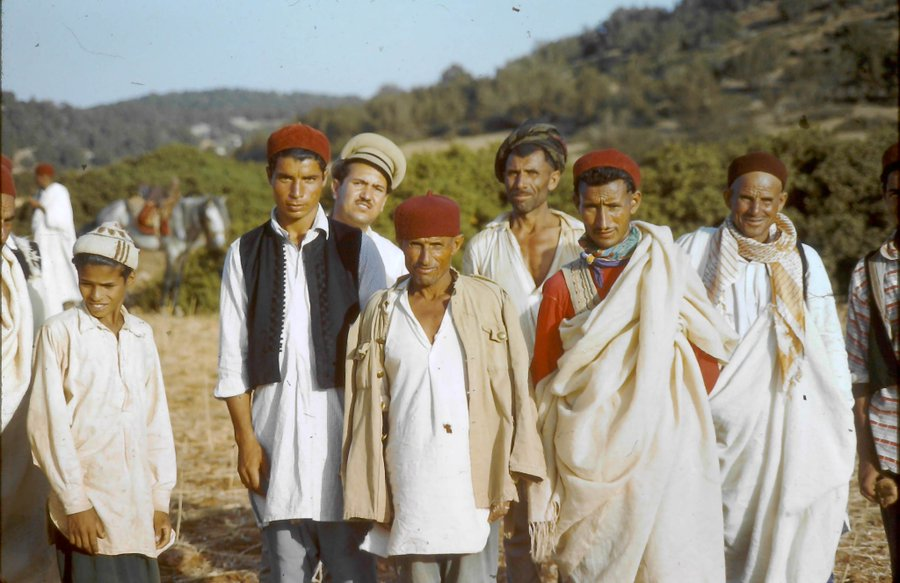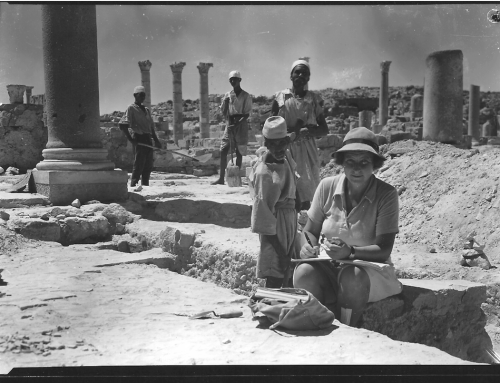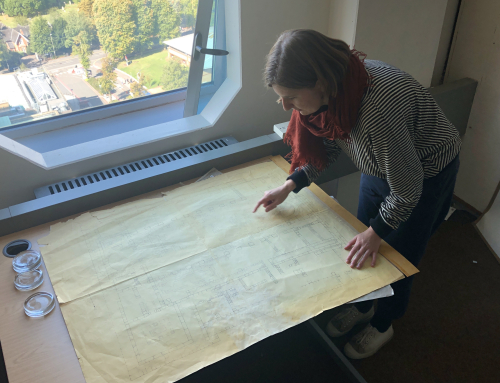Over the last few months, the BILNAS archive, in collaboration with the University of Sheffield and Libyan partners, and with funding from the British Academy and The National Archives, has been running an archive engagement project for people in Libya and the Libyan diaspora.
The archive mainly comprises records generated by 20th century British archaeological expeditions in Libya, and it has many images showing Libyan archaeological sites and built heritage. But while Libyan antiquities have a prominent role in the archive, the stories of the people living in Libya around those antiquities are often not represented. When the archival material does show glimpses of 20th century Libyan culture and everyday life, these often go undescribed in the archive catalogue.
As a first step to gaining a more inclusive view of Libyan heritage and to try to understand how people in Libya might be interested in working with us and the archive in the future, we are delivering a series of remote sessions in Arabic and English, using digitised photographs from the archive to spark discussions with attendees.
Before each session, attendees are invited to annotate the images online, adding personal memories, stories and new interpretations. Session discussions then explore the comments and stories in more depth. Each session has a different theme, for example Libyan clothing and its connotations, people’s experience of archaeological sites, and identifying Libyan archaeologists in images. During these sessions we are also consulting attendees on how we can make the archive and its catalogue more accessible for people in Libya, for example by adding new keywords and perspectives in English and Arabic, and using digital technologies to represent new stories in the archives.





